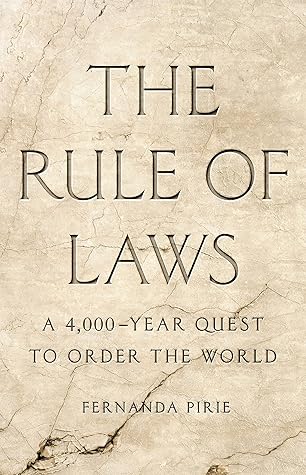Rather than requiring a strong and authoritarian king, he argued, social stability depended upon basic relations between ruler and ruled, father and son, elder and younger brother, friend and friend, and husband and wife. He emphasized the importance of the cultivated and moral individual, the junzi, who would determine his fate by relying on his own abilities and efforts.
Welcome back. Just a moment while we sign you in to your Goodreads account.


